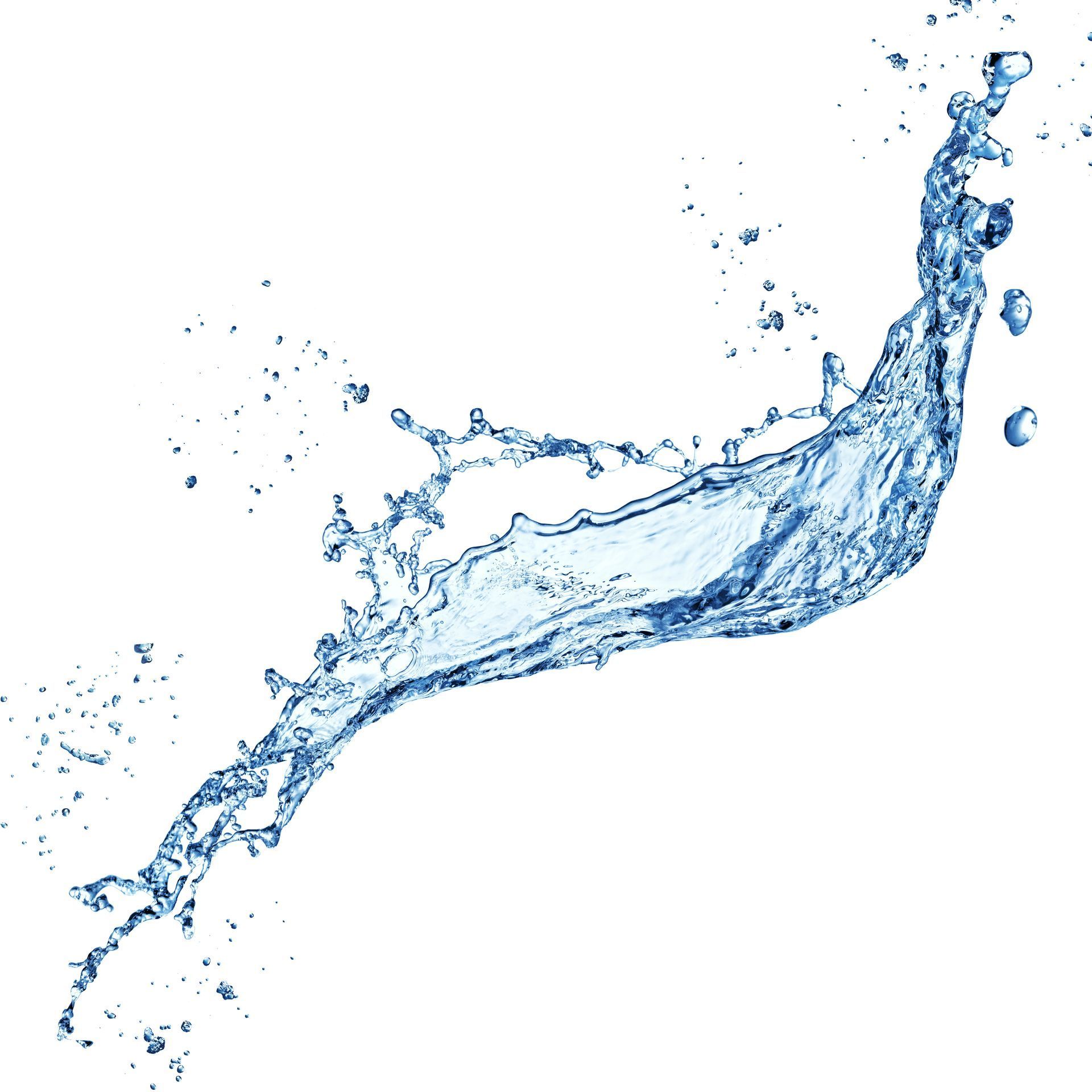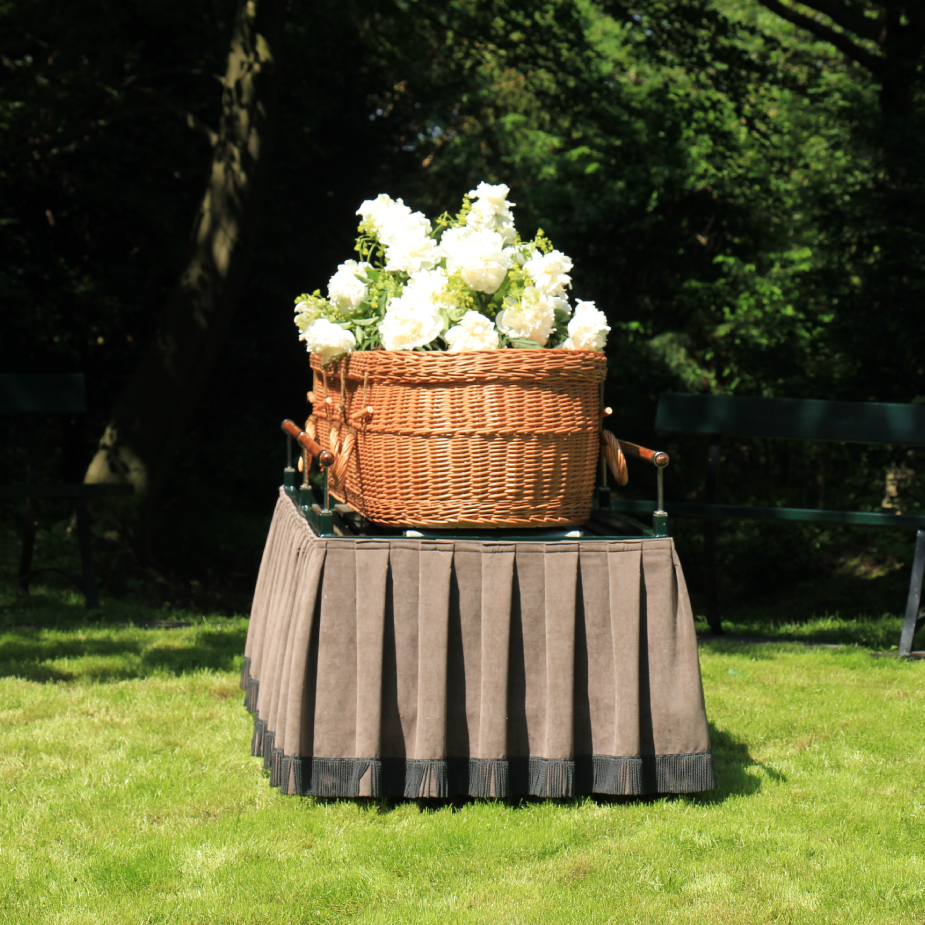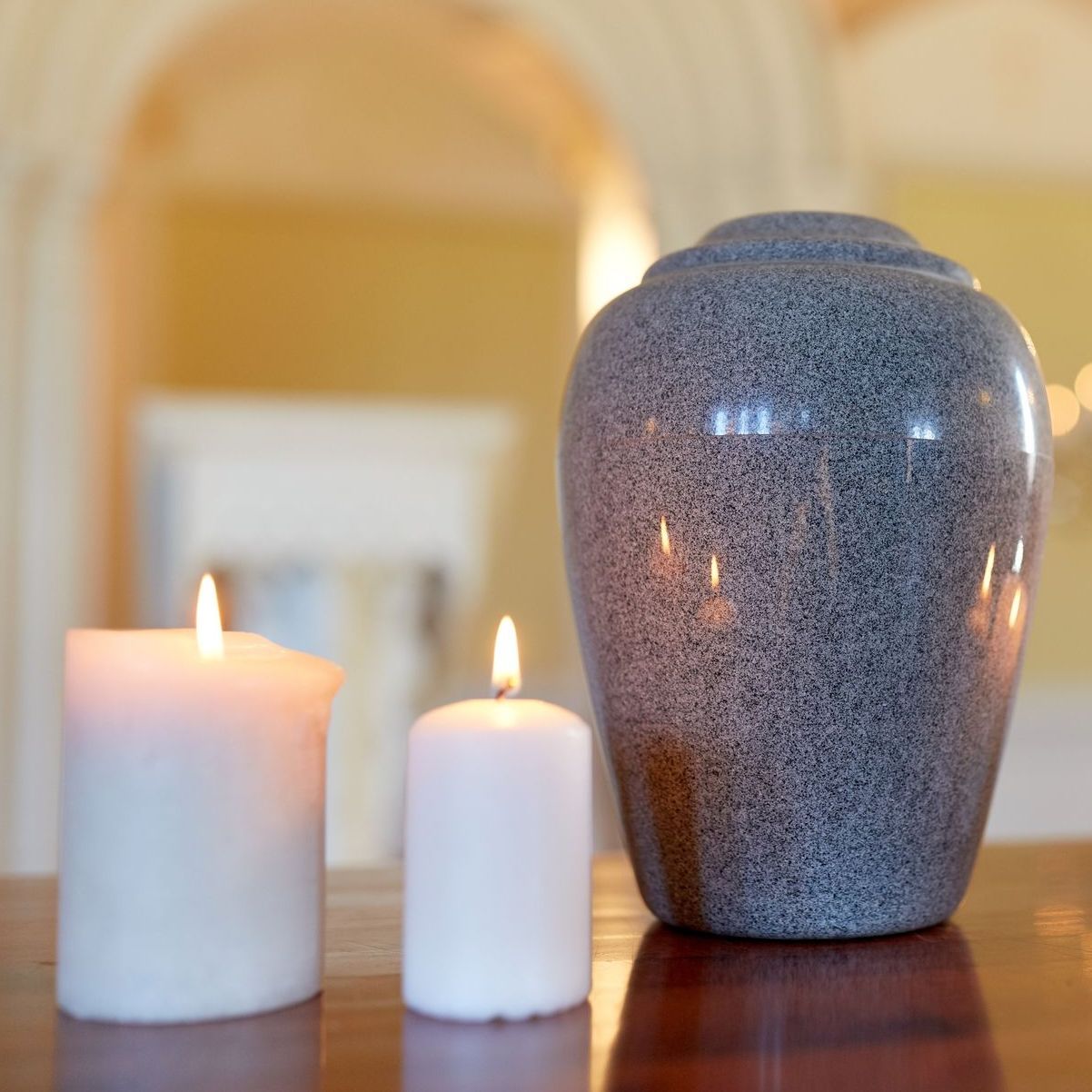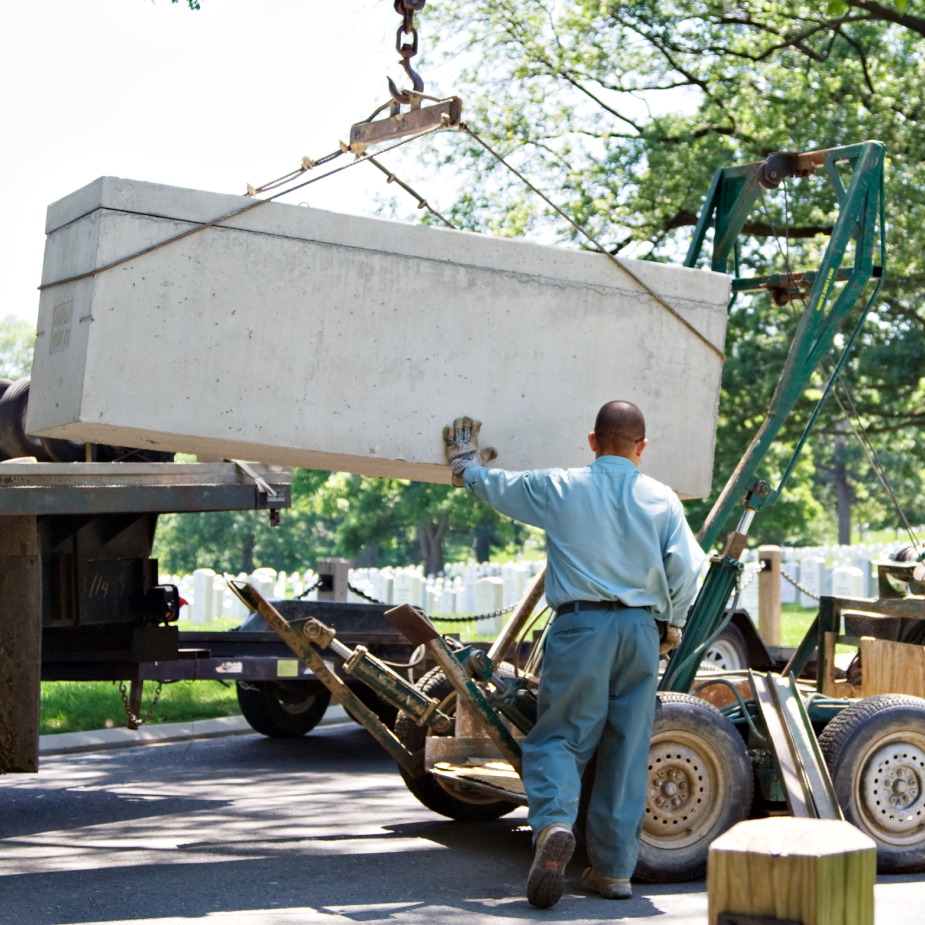Aquamation Services
If you are interested in both cremation and protecting the environment, we recommend our aquamtion services. Also called water cremation or alkaline hydrolysis, this form of cremation does not use flame or high levels of carbon emissions to break down the body.
Frequently Asked Questions
You Can Never Go Back and Do it Over
A funeral or memorial service is the last goodbye to your loved one. That’s why it's so important to plan a truly personalized service, and we'll be there take care of every last detail from start to finish.







